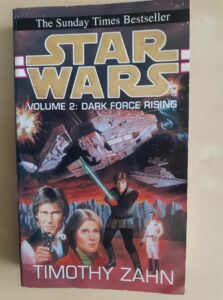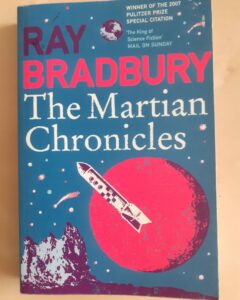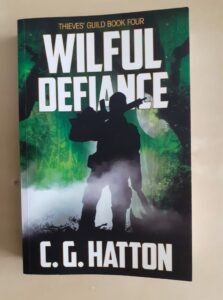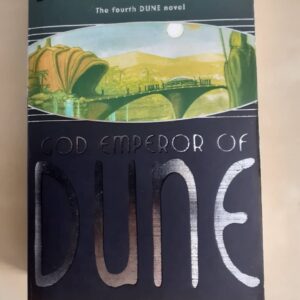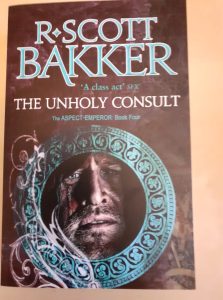
‘Some souls are broken in such a way as to think themselves whole,’ he said. ‘The more they are flawed, the more they presumed their own perfection.’
‘And he wondered why it seemed all the same, lies and confession.’
‘To match a wicked foe abomination for abomination was to whisper in his ear while he slumbered – for the righteous were no more potent than when they were ruthless also.’
The Unholy Consult (TUC) is the final book in author R Scott Bakker’s series about the second apocalypse, which came after the first, strangely, if it came at all. My goodness, will it come? It’s a series I’ve been reading since I first ventured into libraries to search for new reads, and stumbled upon the first book, The Darkness That Comes Before. It’s grittier and darker than most fantasy reads you’ll come across, reminiscent of ancient times fused with religious portent that’ll put you in mind of prophets, war, pestilence, and this thing called ‘Men’.
Many readers may well find parallels between R Scott Bakker’s work and other great works such as JRR Tolkien’s Lord of the Rings and Frank Herbert’s Dune. Readers familiar with the series will be no strangers to the tone, themes, characters, and writing style that are author R Scott Bakker’s marvel weapons cast against our helpless minds, causing fits and jerks of reading ecstasy. Just reading the first few chapters again was enough to get me into a frenzy of reading addiction. Holding the book, hours on end, absorbing my attention, would give me a bad back. Eventually, common sense prevailed and I sat this biblical tome on a stool, in the absence of a podium.
The Aspect Emperor series
TUC compares well with other books in the series. There are two series in the larger ‘series’ of works: The Prince of Nothing trilogy, comprising three books, and following it, covering a period of time about twenty years later, The Aspect Emperor series. Much of the overarching story is character focused, but sometimes it’s about the tribulations of Men, a military ordeal, or historical feats of glory. There is the oft-ridiculed philosophical sorcerer Drusas Achamian, who at one point in the series became an outcast wizard after everything was taken from him by the real mystery of a character, Anasurimbor Kellhus, whose skills at reading into human intention and motive make mere children of people. Endowed with numerous sorcery powers, Kellhus also formed the Great Ordeal, a huge host of men soldiers of many lands, to invade the Consult, those who caused the First Apocalypse. In TUC it’s hard to know whether the Consult is only an assortment of leftover technologies, sorcerers, and monsters, or if it really poses a danger to Kellhus.
The Unholy Consult
At numerous times during the story, we’re shown that Kellhus is walking on thin ice: many want him dead. The gods themselves rail against him. Yet it’s hard to believe after what we’ve seen of his abilities that he’ll ever be killed.
Fans of the original Prince of Nothing trilogy will love this book. There is that feeling of a war camp with all kinds of personalities in it: desperate sorcerers, wretched children, suffering families, prophets, kings, and traitors.
This series is not for the faint hearted, and TUC is no exception. It’s arguably the most depraved book in the series/you may ever read!
The conclusion was fantastic, in depth, and brimming with atmosphere and action. It answered many, but perhaps not all, questions about the significance of characters, institutions, and past events.

